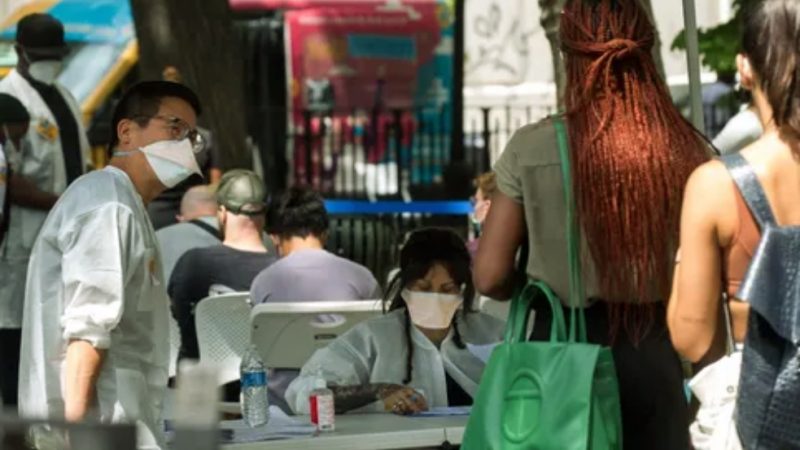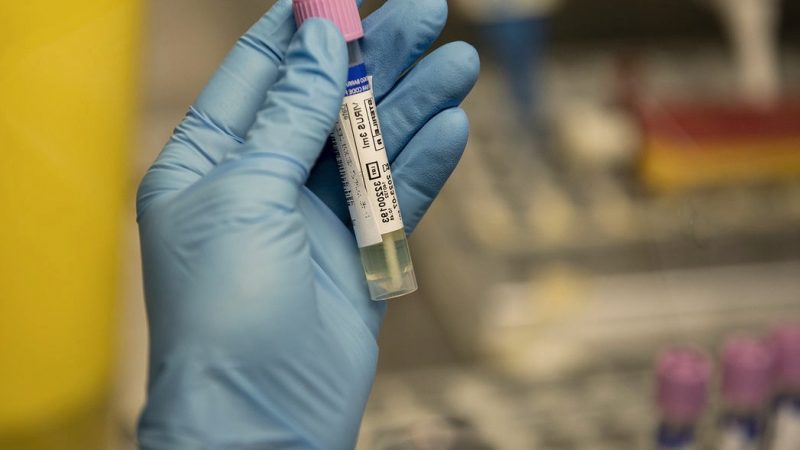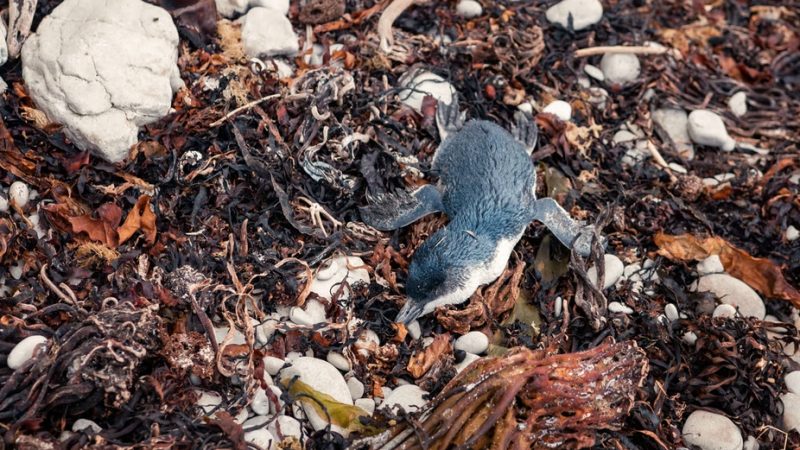Reinfections with Covid-19 Can Increase The Possibility of New Health Problems
Consider the risks for reinfections
Al-Aly and his colleagues compared records from more than 250,000 people who tested positive for Covid-19 once with those of 38,000 other people who had Covid-19 infections in their medical records. As the control group, more than 5.3 million people without a Covid-19 record were used.
There were 36,000 cases of reinfections among those who had Covid-19, approximately 2,200 people had three or more Covid-19-related infections and 246 had been infected with it four times.
Common new diagnoses following reinfections include chest pain, abnormal heart rhythms, and heart attacks. Inflammation of the heart muscle sac or the sac around it, heart failure, blood clots and inflammation of the heart muscle. Al-Aly stated that common lung problems include shortness of breath and low blood oxygen, lung disease and accumulation of fluid around the lungs.
Study results showed that the risk of developing a new problem was greatest around the time of a Covid-19 infection. However, it also lasted at least six months. This increased risk existed regardless of whether someone was vaccinated. It was also graded, meaning that it increased with each new infection.
Al-Aly stated that this is not what people think will happen if they get Covid for the second or third time.
The belief that Covid is less common if you have it before is false.
Al-Aly stated that this doesn’t mean there aren’t people who have had Covid, and they do just fine. There are many of them. He said that his study shows that every infection is associated with new risk and that that risk increases over time.
He said that even though a person is half as likely to develop lasting health problems from a second infection than their first, they still have 50% more chance of having problems than someone who did not get Covid-19.
There are important caveats to the study. Al-Aly stated that reinfections were more common in people with existing health risks due to their age or underlying condition. This shows that reinfection is not random. it may also be possible that reinfections pose health risks.
Al-Aly stated that it is possible for sicker people or those with immune dysfunction to be at greater risk of reinfection.
Although he was not interested in finding the exact cause of reinfection, he wanted to learn how repeated infections affect those who are affected.
He said, “If you get re-infected, does that increase your risk of acute complications or long Covid?”
This study is observational and cannot determine cause and effect.
Al-Aly claims that the researchers noticed these higher risks even though they weighted data to account for the effects of medication use, age, and the person’s underlying condition before they received Covid-19.
<< Previous








